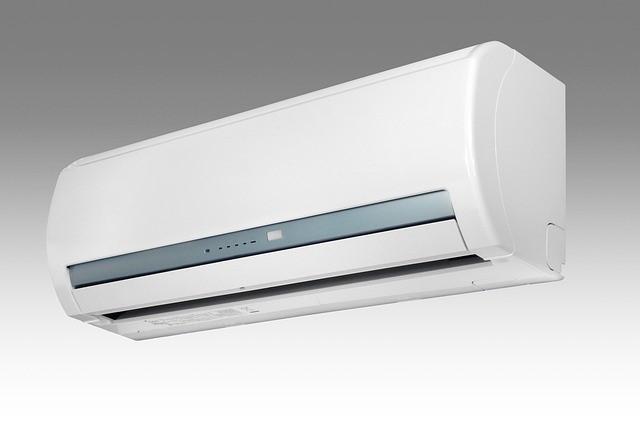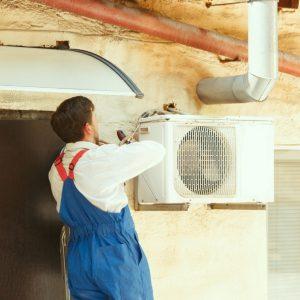Table of Contents
Although the national unemployment rate reached an all-time low in December 2019, HVAC jobs are expected to grow over the next decade by 46,000 jobs. This is due to the push of residential and commercial building construction, driving more job opportunities and overall employment growth by 13%. Considering the national average for all occupations sits at 5%, this is undoubtedly a sizable leap.
Not only are there enough jobs to go around currently in this field, but due to a spike in upcoming retirements, employers are desperate for qualified talent. This opportunity broadens the possibility of finding an ideal professional match for individuals in the HVAC field.
That said, entering this field could be a relatively lucrative career choice – consider signing up on TradesmanCE for online CE courses to renew your license. Although having an HVAC certificate license isn’t mandatory in all states, it is a great way to showcase your competency and credentials to potential employers, putting you in a better position to land a job that recognizes your talent and rewards you accordingly.
What is an HVAC technician
Simply put, HVAC technicians are specialists in regulating indoor environments. They are responsible for controlling the environmental factors of all kinds of buildings, from factories and hospitals to offices and homes.
Pursuing a career as an HVAC technician mandates a comprehensive understanding of different systems of machinery and technology. This means that you must have the necessary skillsets for a promising career in this field.
What skills would you require to be an HVAC technician
Experience with computers
Several sectors of HVAC technology are now digitized. This means that all HVAC technicians should be well-versed in navigating computerized components of the machinery and equipment in their field.
Expertise working with heavy machinery and equipment
A career as an HVAC technician is physically demanding. The equipment these professionals work with can be bulky or heavy. As an HVAC technician, you would be expected to lift large objects to get the job done.
Time management skills
Whether you work for an HVAC company or own your business, your schedule should be flexible enough to serve multiple customers a day. HVAC technicians are required to move from one project to the next in a timely manner.
Communication skills
Working with customers is an integral part of being an HVAC technician. You should be capable of clearly explaining and giving step-by-step instructions and answering questions professionally and courteously. For this reason, HVAC technicians should have high emotional intelligence and good people skills.
Problem-solving abilities
The most significant part of this job is identifying what’s broken and getting it to work again. An HVAC technician should be able to identify a problem and fix it effortlessly.
What are the typical duties of an HVAC technician?
The duties of an HVAC technician can be very diverse since some solely focus on maintenance, installation, or sometimes both. Some even specialize in different types of cooling and heating solutions. This list highlights the essential routine tasks of HVAC technicians:
- Installation and repair of copper, PVC, and cast iron drainage
- Installing ductwork and running lines for outdoor and indoor units
- Sales and inventory, running the shop, working with and contacting customers
- Connecting and plumbing PVC piping to drain condensation from the evaporative coil
- Processing work orders to restore functionality to malfunctioning systems, repairing HVAC systems, and performing preventive maintenance
- Efficiency in diagnosing, repairing, and conducting preventive maintenance on building faculty HVAC systems
- Responding to on-call emergency repairs and completing tasks as directed by supervisors
- Installation, electrical wiring, boiler repair, and maintenance of low-pressure boilers.
- Maintaining environmental conditions by installation and maintenance of various heating and cooling systems
- Calibrating sensors, debugging and troubleshooting GE PLC hardware, control devices, and software issues
- Calibrating and adjusting combustion efficiency on furnaces and boilers
- Completing and submitting accurate reporting of vehicle inventory, EPA documentation, and time reporting
- Demonstrating superior workmanship as per BBI standards and being well-versed in OSHA standards and policies of work-site safety
Begin your HVAC career today
A well-written resume, preferably made with a resume maker, may contribute to a rewarding job in the HVAC industry but acquiring the necessary skillsets and aptitude for performing tasks makes for a fulfilling career.




